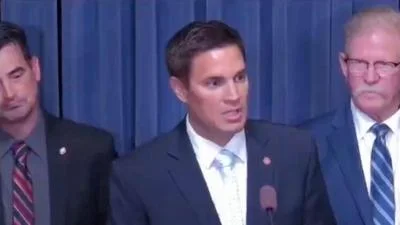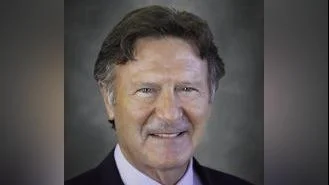A bill currently making its way through Illinois House committees could increase the total number of medical practitioners in the state over night.
A bill currently making its way through Illinois House committees could increase the total number of medical practitioners in the state over night.
A bill currently making its way through Illinois House committees could increase the total number of medical practitioners in the state over night.
Under Illinois House Bill 1459, Illinois would join the 34 other states that are currently members of the enhanced Nurse Licensure Compact (eNLC). The compact allows nurses in member states to practice in other states joined by the agreement.
According to travelingnurse.com, the eNLC is an expansion on the original NLC, which the National Council of State Boards of Nursing (NCSBN) ratified in 2015. The agreement between states permits nurses to have a single multi-state license, and work where they are in highest demand.
Without such an arrangement, a nurse licensed in another state would have to go through the separate Illinois licensing process and requisite fees before coming to work in Illinois.
By joining the other 34 states that are currently members of the eNLC, Illinois would also increase the value of an Illinois nursing license, as anyone who becomes licensed as a registered nurse, licensed practical nurse or vocational nurse in Illinois could then use that license to practice in other member states.
"Almost every nurse, including primary care nurses, case managers, transport nurses, school and hospice nurses, among many others, needs to routinely cross state boundaries to provide the public with access to nursing services, and a multi-state license facilitates this process,” indicated NCSBN and reported on by the Illinois Policy Institute.
Sponsored by state Rep. Mike Zalewski (D-Riverside), HB 1459 is intended to alleviate some of the nurse shortage faced in Illinois, especially in rural markets.
Between 25% and 30% of Illinois’ current nursing workforce is expected to retire within five years. Without an influx of new nurses to replace them, the state could face a nursing shortage in the range of 21,000 nurses by next year.






 Alerts Sign-up
Alerts Sign-up